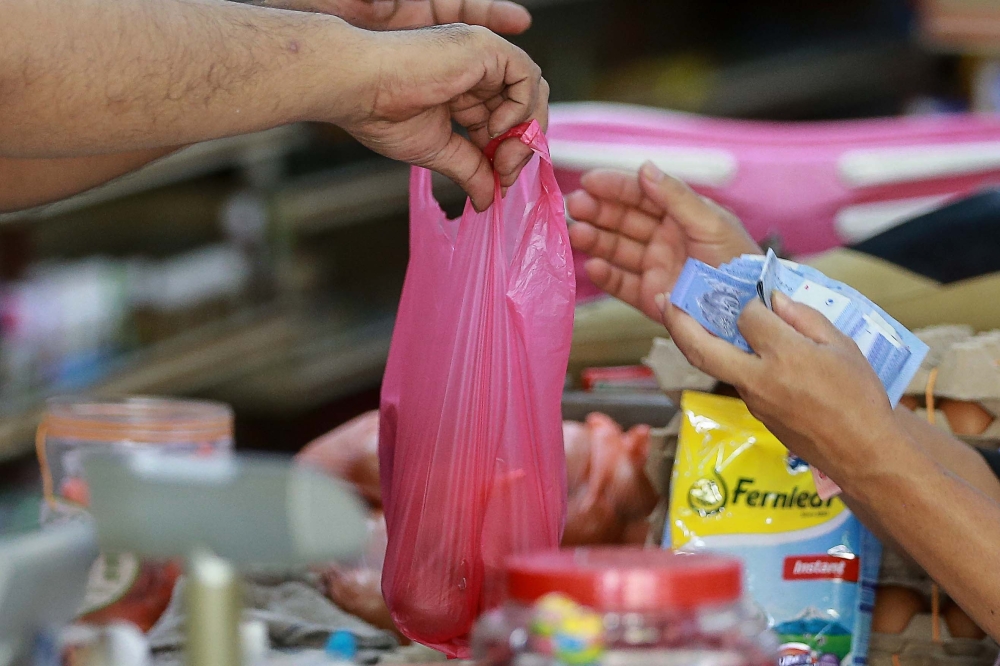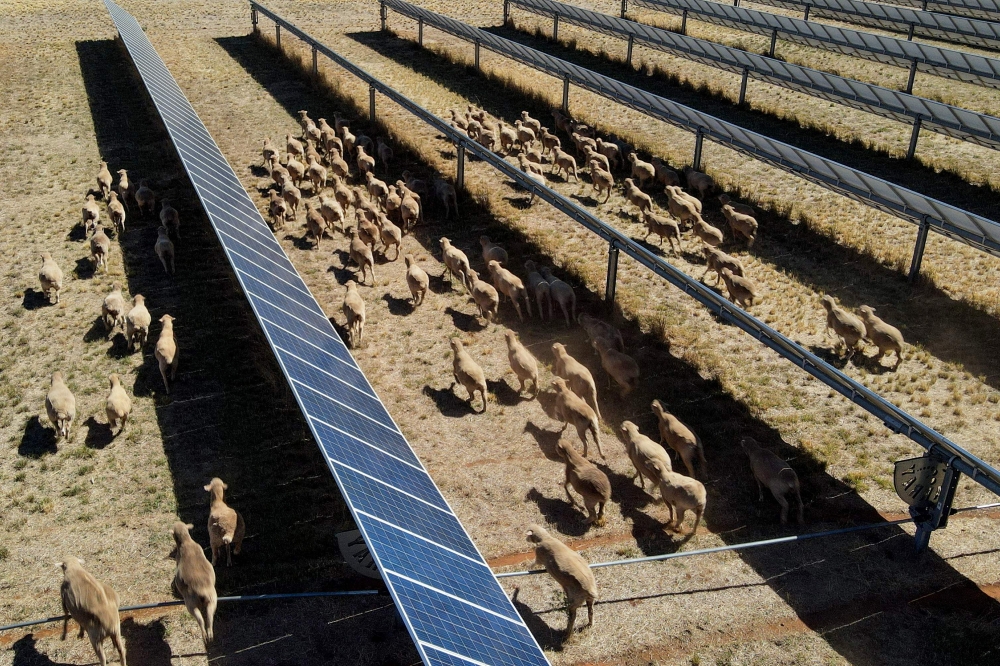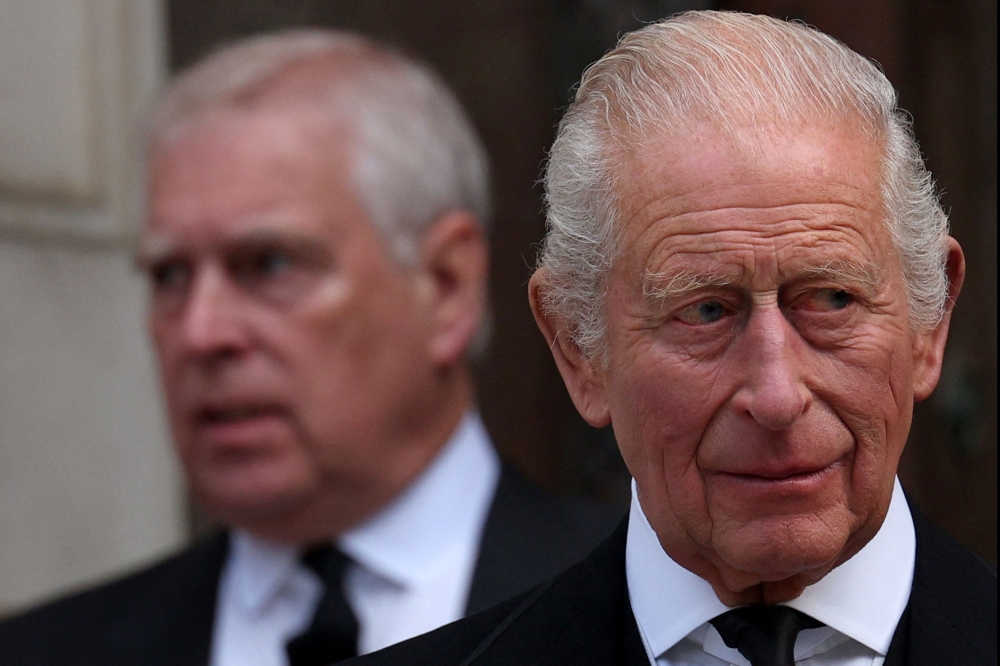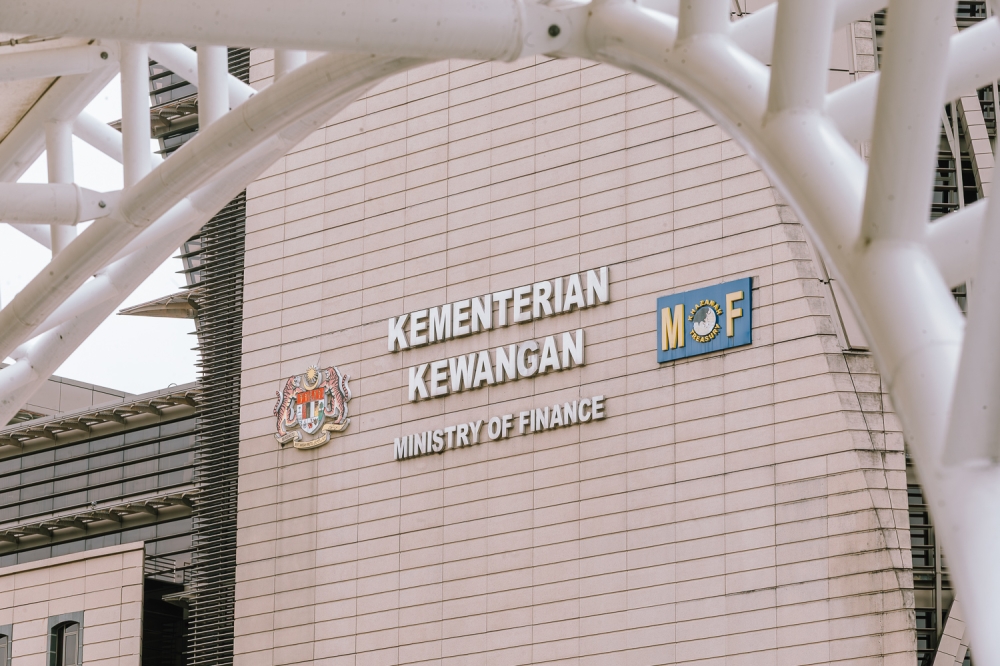KUALA LUMPUR, Nov 28 — Over a decade ago, Lord Scott was faced with a major health problem when he was diagnosed with chronic kidney disease.
This meant that he had to be on life-long dialysis treatment to survive.
He went for dialysis for nine years until one of his brothers donated a kidney to him.
The 35-year-old has been on a new lease of life for one year now.
He was 25 and working as a sales manager in the logistics industry when he was diagnosed with chronic kidney disease (CKD) due to IgA Nephropathy (an autoimmune disease that affects the kidneys) which led to uncontrolled hypertension and eventually kidney failure.
Recalling the dark episode of his life, Lord said being diagnosed with kidney failure at the age of 25 was like a death sentence to him.
“From the very moment, my doctor told me that I had ‘missed the boat’ and had to be on long term haemodialysis, I felt like my whole world was just crumbling,” he said in a press release by the National Kidney Foundation (NKF).
As the youngest patient at the centre he frequented for treatment, Lord soon faced depression.
“When my friends were out living life, I was being hooked up to a machine.
“My days were spent at the dialysis centre for up to four hours, three times a week,” Lord said.
As the years passed, and due to a weakening body from the side effects of prolonged hours of dialysis treatment, Lord eventually lost his job.
“I also wasn’t able to hold down a full-time job as the treatment drains you out physically and mentally.
“Your whole day is spent recuperating and sometimes that carries on to the next day,” he said.
On top of that, his savings were fast depleting since treatment at private centres was costly.
“Sometimes, I just did not get out of the bed on my treatment days as I hated walking into the centre and knowing that I have to get my arms pricked by needles,” he said.
Born into a large family of 11 siblings, hope was not lost for Lord.
Though he was initially reluctant to approach his siblings on this seemingly thorny matter of appealing for an organ donor, he plucked up the courage to do so after being persuaded by a friend and a fellow transplant survivor.
“I gathered the courage to invite a few of my siblings for the all-important meeting to meet the transplant team at the Hospital Kuala Lumpur and finally one of my brothers agreed to be tested.
“I am immensely blessed that he successfully went through the whole process and here I am a year since the transplant,” said Lord, who no longer requires dialysis treatment.
He admitted that initially, transplant was his last option as he was under the impression that one had to take lots of medication to keep the new kidney from failing.
The extremely long waiting list was also a deterrent as he believed one would have to wait at least 10 years before being considered for transplantation.
“The transplant has given me a second lease of life and I am extremely grateful to all who have made it possible, especially my brother.
“I can now have a full-time job, attend weekend sports management classes and go for long holidays,” he added.
Lord is currently employed as the regional marketing manager of Football Focus Asia.
He hoped that the Malaysian government would work closely on introducing the opt-out policy for organ donation in Malaysia, as practised in Singapore and other countries.
Malaysia’s current opt-in system requires citizens to register to be organ donors, while the opt-out system presupposes everyone is a registered organ donor unless the donor/guardian has requested to be delisted from the registry of donors.
Lord also said more should be done in terms of educating the public on kidney care to prevent kidney failure, with the aim of eventually reducing the numbers on the organ waiting list.
According to the Health Ministry’s National Transplant Resource Centre, as of June this year, over 20,000 CKD patients remain on the waiting list for kidney transplants, and the waiting time for a deceased donor kidney is between eight and 10 years in Malaysia.
This is because there is a lack of kidney donors among members of the public.
Statistics also reveal that only 2,047 kidney transplants have taken place successfully since 1976.
As of October 2019, while 1.3 per cent (432,215) of the country’s population are registered as organ donors, the Health Ministry recently revealed that in as many as 80 per cent of cases handled, donors were faced with opposition from family members.
As a result, only 20 to 30 people donate their organs upon receiving approval from their family members annually.
In a bid to educate Malaysians on organ donation and promote healthy living, NKF has kicked off a three-month social media campaign called #GreenWednesday until the end of December.
Aside from sharing testimonies, NKF is using Facebook and Instagram to feature random trivia on organ transplantation and donation.






















